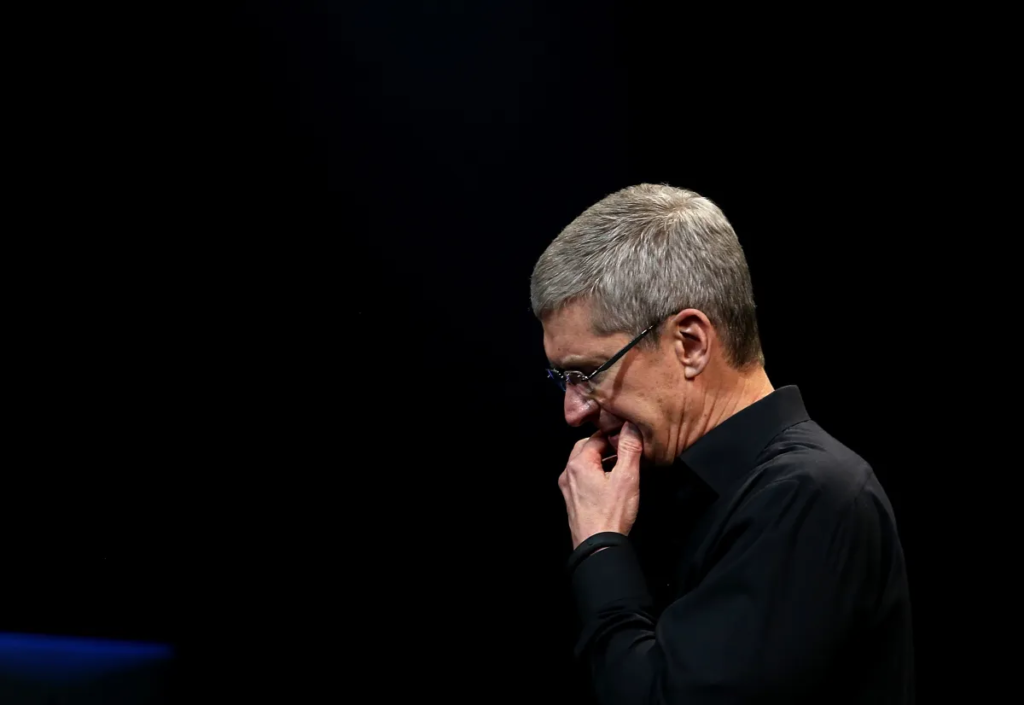At a press event on September 20, 2023, Amazon announced that it will soon use a new generative AI model to power improved experiences across its Echo family of devices.
The new model, which Amazon has not yet named, is specifically optimized for voice and the things that customers love, such as having access to real-time information, efficiently controlling their smart home, and getting the most out of their home entertainment.
Amazon says that the new model will enable a number of new capabilities, including:
More conversational experiences that take into account body language, eye contact, and gestures.
The ability to interact with APIs to enable new smart home capabilities, such as inferring the meaning of descriptions like “spooky” lighting.
A bigger and more opinionated personality for Alexa.
The ability to surface personal reminders, such as recently played music or recipe recommendations based on grocery purchases.
The ability to adjust its tone and response to express things like affirmation, excitement, laughter, and surprise.
The ability to adapt to a person’s natural pauses and hesitation to deliver a more free-flowing conversation.
During a demo, Amazon SVP of devices and services Dave Limp asked an Alexa device connected to the new generative AI model “What’s your favorite sports team?” After a brief hiccup with the event Wi-Fi, Alexa responded to that and follow-up questions about Seahawks stats and game times, even after Limp paused to address the audience and then returned to the conversation with Alexa.
Amazon did not cover it during the demo, but the new generative AI model can also adjust its tone and response to express things like affirmation, excitement, laughter, and surprise. It can also adapt to a person’s natural pauses and hesitation to deliver a more free-flowing conversation.
Soon, customers in the U.S. will get access to these new capabilities through a free preview on Echo devices they already own.
Additional information:
Generative AI models are a type of artificial intelligence that can generate new text, translate languages, write different kinds of creative content, and answer your questions in an informative way. They are trained on massive datasets of text and code, and they can learn to perform many kinds of tasks.
Amazon’s new generative AI model is specifically optimized for voice and the things that customers love. This means that it will be able to deliver more conversational experiences, understand and respond to complex requests, and generate creative and informative responses.
Amazon’s decision to use generative AI to power Alexa is a significant step forward for the voice assistant market. Generative AI has the potential to make Alexa more intelligent, more versatile, and more engaging for users.
It will be interesting to see how Amazon’s new generative AI model performs in the real world. Once the free preview is available, we will be able to test its capabilities and see how it compares to other voice assistants, such as Google Assistant and Siri.










